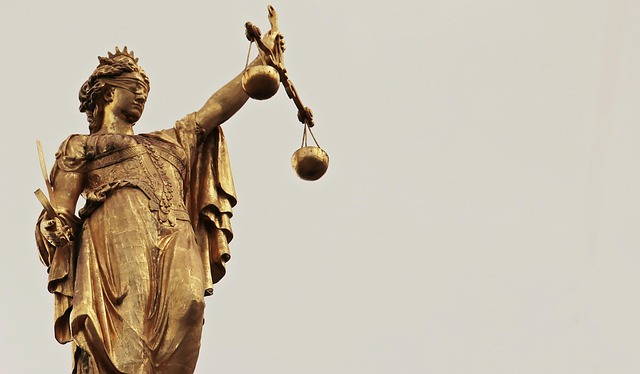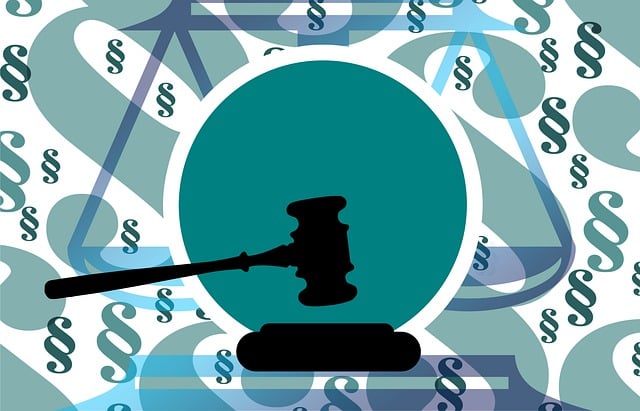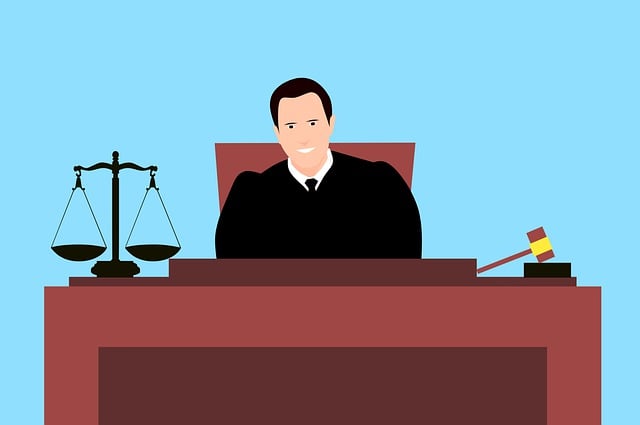Consumer protection laws are crucial for startups to navigate trademark infringement cases, preventing costly mistakes and ensuring market integrity. Trademark infringement occurs when a business uses a similar or identical mark to deceive consumers, leading to severe repercussions if not properly addressed. Seeking specialized Trademark Infringement Legal Assistance for Startups is vital early on to understand nuances, challenge validity, implement innovative defenses, and negotiate settlements. This strategic move allows startups to focus on growth while protecting their intellectual property and brand identity from high-stakes legal battles.
In today’s competitive market, startups face unique challenges when it comes to consumer protection suits, particularly in cases of trademark infringement. Understanding and navigating these legal complexities is crucial for a startup’s survival and growth. This article delves into the intricacies of consumer protection laws, exploring key areas such as trademark infringement, legal defense strategies, court proceedings, post-trial outcomes, and preventive measures. For startups seeking legal assistance, it offers valuable insights to safeguard their brand identity and avoid costly mistakes.
- Understanding Consumer Protection Laws
- Trademark Infringement: Common Issues for Startups
- Legal Strategies for Startup Defense
- Navigating Court Proceedings: Your Rights
- Post-Trial Outcomes & Future Prevention Measures
Understanding Consumer Protection Laws

Consumer protection laws are a crucial set of regulations designed to safeguard individuals from unfair business practices and ensure marketplace integrity. These laws cover a wide range of issues, including product safety, advertising transparency, and fair pricing. For startups, understanding these regulations is essential, especially when navigating high-stakes cases involving trademark infringement. Legal assistance for startups can provide much-needed guidance, helping them avoid costly mistakes and ensuring compliance from the outset.
Trademark infringement, a common area of concern, occurs when a business uses a similar or identical mark to mislead consumers into believing they are purchasing a genuine product. This can have severe consequences, including the complete dismissal of all charges if the startup can demonstrate legitimate use and no intent to deceive. It’s vital to approach these legal matters with expertise, as white-collar and economic crimes often require meticulous investigation and strategic defense strategies.
Trademark Infringement: Common Issues for Startups

Many startups face significant challenges when it comes to trademark infringement issues, which can be a complex and costly hurdle for budding businesses. This is especially true in today’s competitive market where brand identity is crucial. Startups often struggle to protect their unique trademarks from copycats, leading to legal battles that can drain resources and distract from core business operations.
Seeking Trademark Infringement Legal Assistance for Startups is a strategic move to mitigate these risks. With the help of experienced legal professionals, startups can navigate the intricate web of intellectual property laws. This proactive approach ensures that their respective businesses are shielded from high-stakes cases and potential jury trials, allowing them to focus on growth and innovation rather than legal complications.
Legal Strategies for Startup Defense
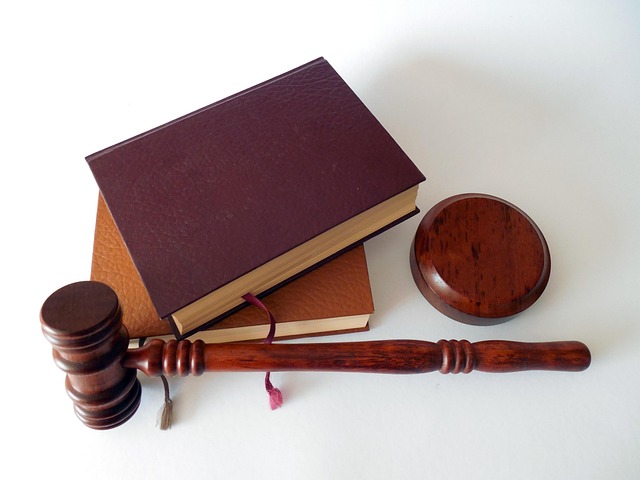
Startup companies often face unique legal challenges, particularly when it comes to protecting their intellectual property and brand identity. One significant area of concern is trademark infringement, which can be a costly and damaging issue for young businesses. To mount a defense against such claims, startups should seek specialized legal assistance for startups. These cases require a strategic approach, focusing on understanding the nuances of trademark law and the specific circumstances surrounding the alleged infringement.
A robust legal strategy may involve challenging the validity of the trademark itself, particularly if there are prior uses or lack of distinctiveness. Startups can also leverage their innovative nature and unique selling propositions as part of their defense, demonstrating that they have created a distinct brand identity. Moreover, with the rise of white-collar and economic crimes across the country, startups need to be vigilant in protecting themselves against malicious accusations, which often require a comprehensive general criminal defense strategy tailored to their industry.
Navigating Court Proceedings: Your Rights
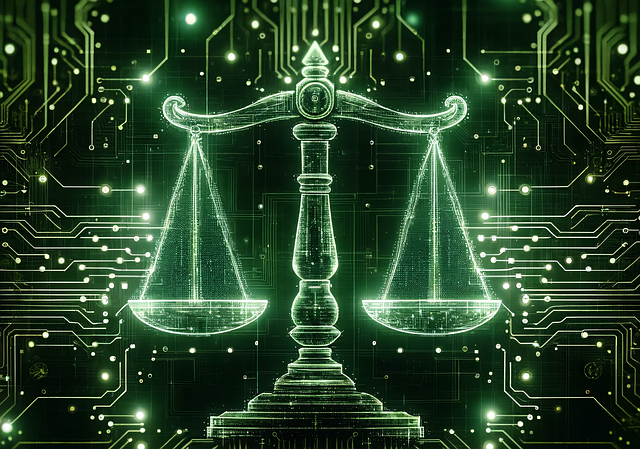
Navigating court proceedings for consumer protection suits can be a complex and daunting task, especially for startups navigating their first legal battle. Understanding your rights is paramount. If your company faces charges of trademark infringement, engaging experienced legal assistance early on is crucial. This support guides you through all stages of the investigative and enforcement process, ensuring your startup’s interests are protected across the country.
The right legal team can help you achieve extraordinary results by providing strategic guidance tailored to your specific case. They will assist in preparing robust defenses, negotiating settlements, or mounting a compelling argument before the court. With their expertise, you can focus on your business objectives while they handle the intricate legal aspects, ultimately safeguarding your brand and reputation.
Post-Trial Outcomes & Future Prevention Measures

After a trial, the outcome can significantly impact both the consumer protection suit and the involved parties’ future endeavors. If the startup is found innocent of trademark infringement, this victory can serve as a powerful defense mechanism for future legal battles, deterring potential competitors from similar actions. With the help of experienced legal professionals specializing in intellectual property rights, startups can navigate these high-stakes cases effectively. This success may lead to a complete dismissal of all charges, allowing the company to continue its growth trajectory with enhanced brand protection.
Furthermore, the experience gained from such lawsuits can be instrumental in preventing future trademark-related issues. Startups can implement robust internal protocols for intellectual property compliance and training, ensuring that their operations stay within legal boundaries. This proactive approach, coupled with the expertise of legal assistance tailored to startups, can help shield them from the financial and reputational damage often associated with high-stakes cases.
Consumer protection suits are a critical aspect of ensuring fair business practices, especially for startups navigating trademark infringement issues. Understanding these laws and legal strategies is essential to safeguarding your brand and intellectual property. By recognizing common startup challenges related to trademark infringement, you can proactively seek legal assistance to defend against potential claims. Through knowledge and the right support, startups can effectively navigate court proceedings, mitigate post-trial outcomes, and implement preventive measures to protect their unique identity in the market. Remember, proactive legal strategies are key to thriving in a competitive business landscape while upholding consumer protection standards.



